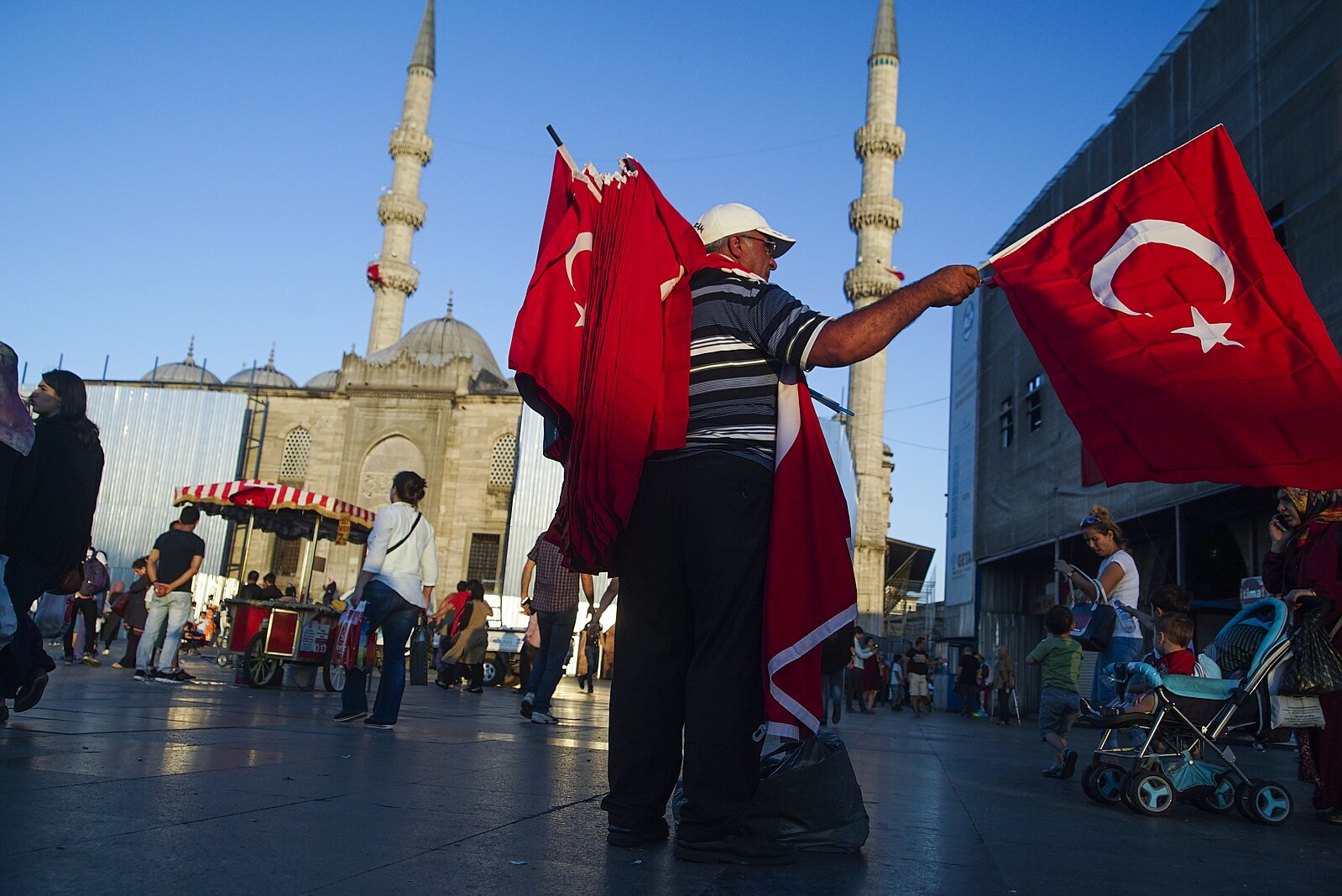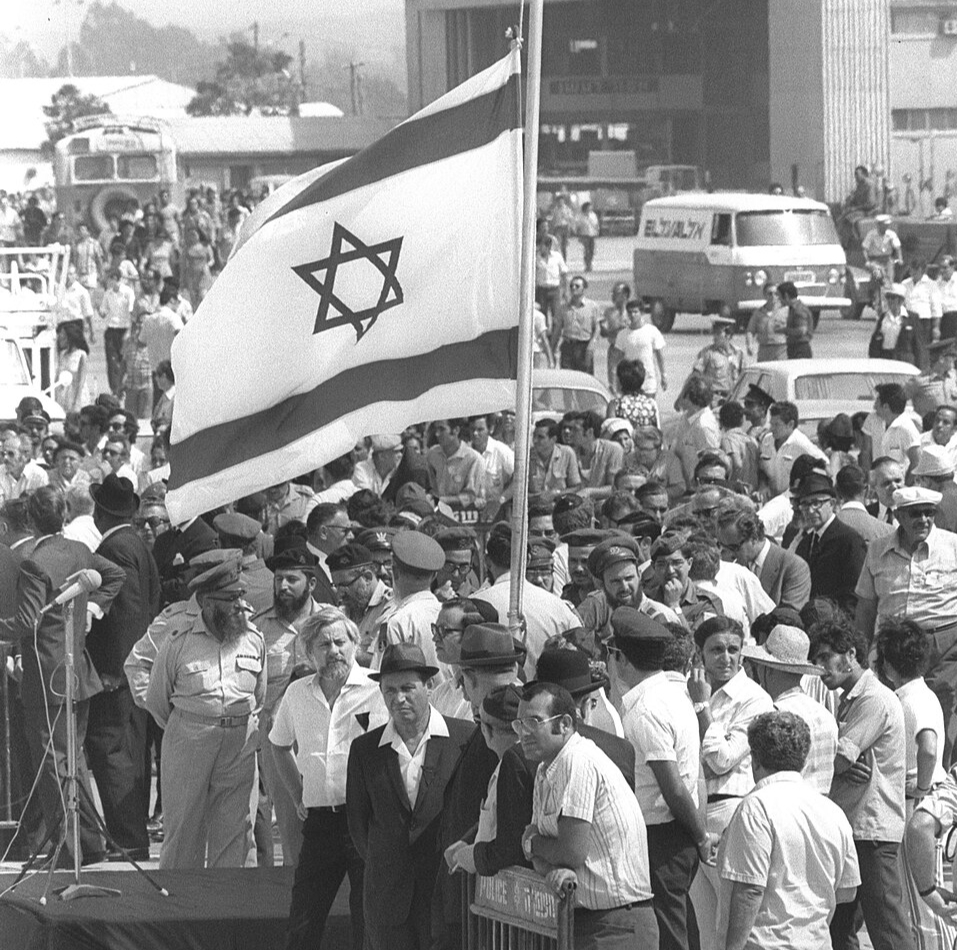A Tale of Two Turkeys
Editor's Note: This piece originally appeared in Markaz.

Published by The Lawfare Institute
in Cooperation With

Editor's Note: This piece originally appeared in Markaz.
2016 was truly an annus horribilis for Turkey. It was the target of a series of terrorist attacks, which had dire consequences both on people’s lives and on the country’s economy and social cohesion. Then, shortly after 2017 rang in, an attacker killed more than three dozen innocent people in Reina, a prominent night club along the Bosphorus. The attacker, whom the Islamic State called a “hero soldier of the caliphate” deeply maimed an already traumatized Turkish society.
Turkey is in dire need of real leadership, leadership that can re-embrace Turkish society in all its diversity so that it can face the scourge of terrorism that it and its neighbors face. For that to happen, some self-reflection and self-criticism will surely be needed.
Stories at Odds
There are two conflicting narratives to explain what provoked the New Year’s Eve attack.
The first centers around a long-standing and well-entrenched tradition of blaming Turkey’s problems on the West and on Western conspiracies. In the aftermath of the Reina attack, pro-government and Islamist media were quick to point fingers at the “U.S., the EU, and NATO,” together with a sweeping list of vague “internal actors” ranging from the opposition parties to big business to the “mafia.” The attack, according to this narrative (espoused by Islamists and ultra-nationalists alike), is linked to broader Western efforts to undermine Turkey and Islam writ large by associating them with terrorism, (“they created terror organizations and are now fighting against Islam using these terror organizations,” including ISIS, the Gülen movement, the Kurdistan Workers’ Party [PKK], and others). The argument is vividly captured by a cartoon depicting a devilish-looking Santa Claus carrying armed jihadists into Turkey. The blame-game is a longstanding one: Last month, a former high-ranking Turkish military intelligence officer supposedly linked the December explosion outside an Istanbul soccer stadium (which claimed 38 lives) to covert CIA operations.
Secular Turkish citizens, another recently wrote, “have never felt so alone.”
The second narrative focuses on the government’s growing intolerance of diversity and the accompanying societal polarization. The sermon that was read in all mosques around Turkey just days before New Year’s Eve—prepared by Turkey’s Religious Affairs Directorate—“slammed New Year celebrations as illegitimate and said they had no place in Islam,” wrote a columnist for Hurriyet Daily News. Many secularists are now citing it as a contributing factor for the Reina attack. Just days before, members of a right-wing youth organization, dressed in traditional outfits, were photographed holding a gun to the head of a Santa Claus—forcing him, symbolically, to reject foreign culture. And a number of social media postings after the attack approved of the violence, with authors seeing it as a punishment for deviating from Islam’s way. A prominent columnist observed that in spite of all the governmental calls for unity, he yet had to hear one official stating unequivocally that “the country is a free country, individuals can celebrate whatever they wish, and no one should interfere with that.” Secular Turkish citizens, another recently wrote, “have never felt so alone.”
A Changed Turkey
It wasn’t always this way. There has long been a tradition in Turkey—including one promoted on state TV since the 1970s—of celebrating the New Year by drawing the national lottery, milli piyango, for example. As Turkey’s economy developed and its population became more globalized, New Year’s celebrations incorporated Santa Claus as a marketing gimmick (completely devoid of any religious connotations). Meanwhile, a growing number of hotels, restaurants, and night clubs began to offer elaborate New Year’s parties. Ironically, as one prominent conservative columnist reminded his readers ahead of the New Year in 2014, the Religious Affairs Directorate had, back in 2003, explained to the public that the New Year celebrations had become a universal practice to welcome the new year and were divorced from the Christian tradition of Christmas. The explanation clearly reflected a much more tolerant political, social, and religious climate.
Liberal democracy—of the type that Erdoğan’s AKP promised when it came to power in 2002—is an essential component in the fight against ISIS and other terrorist organizations threatening Turkey and its region.
These two narratives—only two among many, of course—reveal, as one Turkish columnist recently wrote, that “Turkey is a country today that is at war with itself.” That is a bad omen for 2017. It is of paramount importance that the government find a way to overcome a majoritarian understanding of governance and delegitimize the apparent demand from many in Turkey that “others, too, will live the way I live.” Turkey’s President Recep Tayyip Erdoğan should recall his January 2011 remarks pledging to respect freedom of expression and lifestyles regardless of “the way [people] may dress, eat and drink, or pray.” Liberal democracy—of the type that Erdoğan’s AKP promised when it came to power in 2002—is an essential component in the fight against ISIS and other terrorist organizations threatening Turkey and its region. The government must also discredit the temptation to seek conspiratorial ghosts and blame others for the challenges facing Turkey. Additionally—though at this point it will only help avoid future policy mistakes—it must reflect on its short-sighted policy of initially turning a blind eye to ISIS and thus allowing the “enemy of its enemy” to grow.




